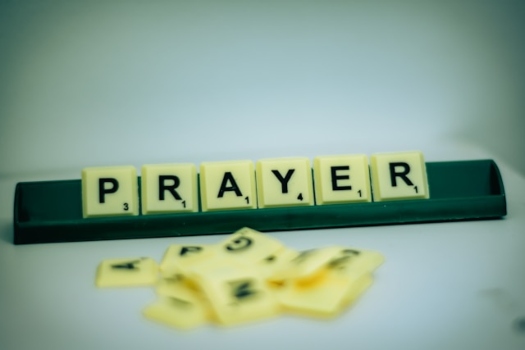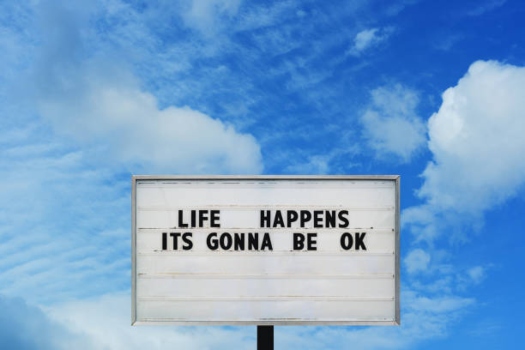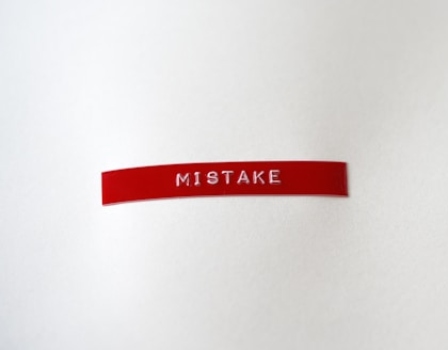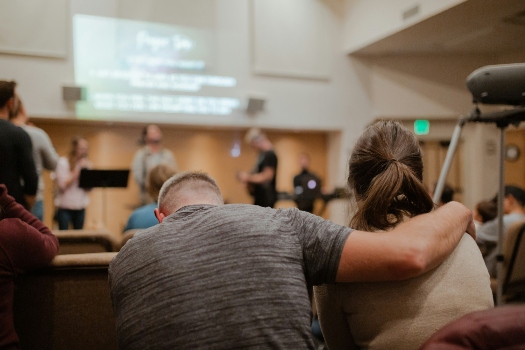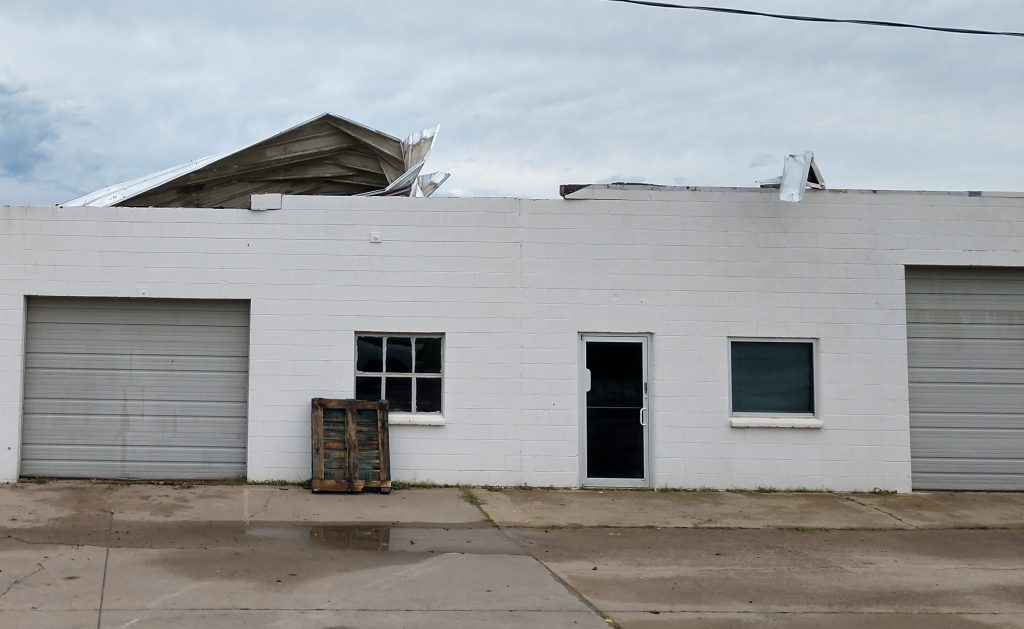Salvation, What Does That Mean?
VBS is a common acronym used for Vacation Bible School. Many of us grew up going to VBS and have good memories from it.
Vacation Bible School can be traced back to Hopedale, Illinois in 1894. Sunday School teacher D. T. Miles was a public-school teacher. She felt limited by time constraints in teaching the Bible to children. So, she started a daily Bible school that taught children during the summer. The first Bible school enrolled 40 students and lasted four weeks. A local school was used for classes, while an adjoining park was used for recess.

While not under the title of Vacation Bible School, Dr. Abraham L. Latham, of the Third Presbyterian Church in Chester, Pennsylvania, initiated a five-week, four-hour day summer Bible school in 1912. While at its peak, it had 650–700 students. This was claimed to be the world’s first summer Bible school.
Today, many churches run their own Vacation Bible School programs. Some churches use themed curriculum programs from their respective denominations. Others use independent publishing houses which provide easy preparation and include marketing tools.
Our church had VBS last week. Thanks to everyone who made this possible.
What a great place to share the message of salvation.
So, what is salvation? Salvation is the act of saving or protecting from harm, risk, loss, destruction, etc. It is a source, cause, or means of being saved or protected from harm, risk, etc. Deliverance from the power and penalty of sin; redemption.

In Romans 10:1-13, it says, “If you openly declare that Jesus is Lord and believe in your heart that God raised him from the dead, you will be saved. For it is by believing in your heart that you are made right with God, and it is by openly declaring your faith that you are saved. As the Scriptures tell us, ‘Anyone who trusts in him will never be disgraced.’ Jew and Gentile are the same in this respect. They have the same Lord, who gives generously to all who call on him. For “Everyone who calls on the name of the Lord will be saved’.”
Salvation comes at a cost, but the price has already been paid.
“Christ came at just the right time and died for us sinners. Now, most people would not be willing to die for an upright person, though someone might perhaps be willing to die for a person who is especially good. But God showed his great love for us by sending Christ to die for us while we were still sinners.” (Romans 5:6-8)
It’s up to us to believe and accept this gift.
Sharing the message of salvation in VBS is great, but it shouldn’t stop there. All of us who believe need to be bold and share this message beyond VBS.
Choosing to believe is a decision that you have the power to make or not…it’s up to you.








